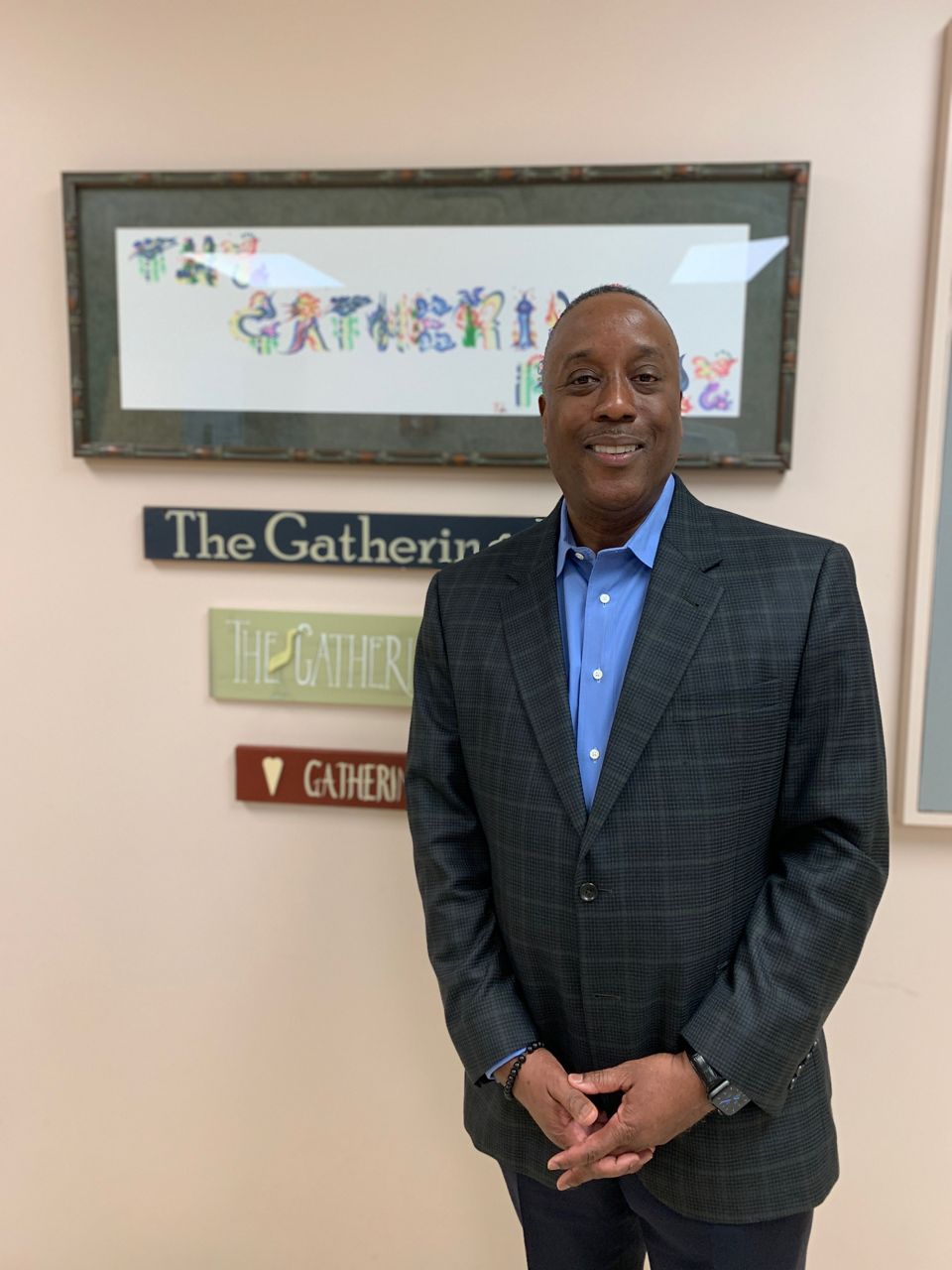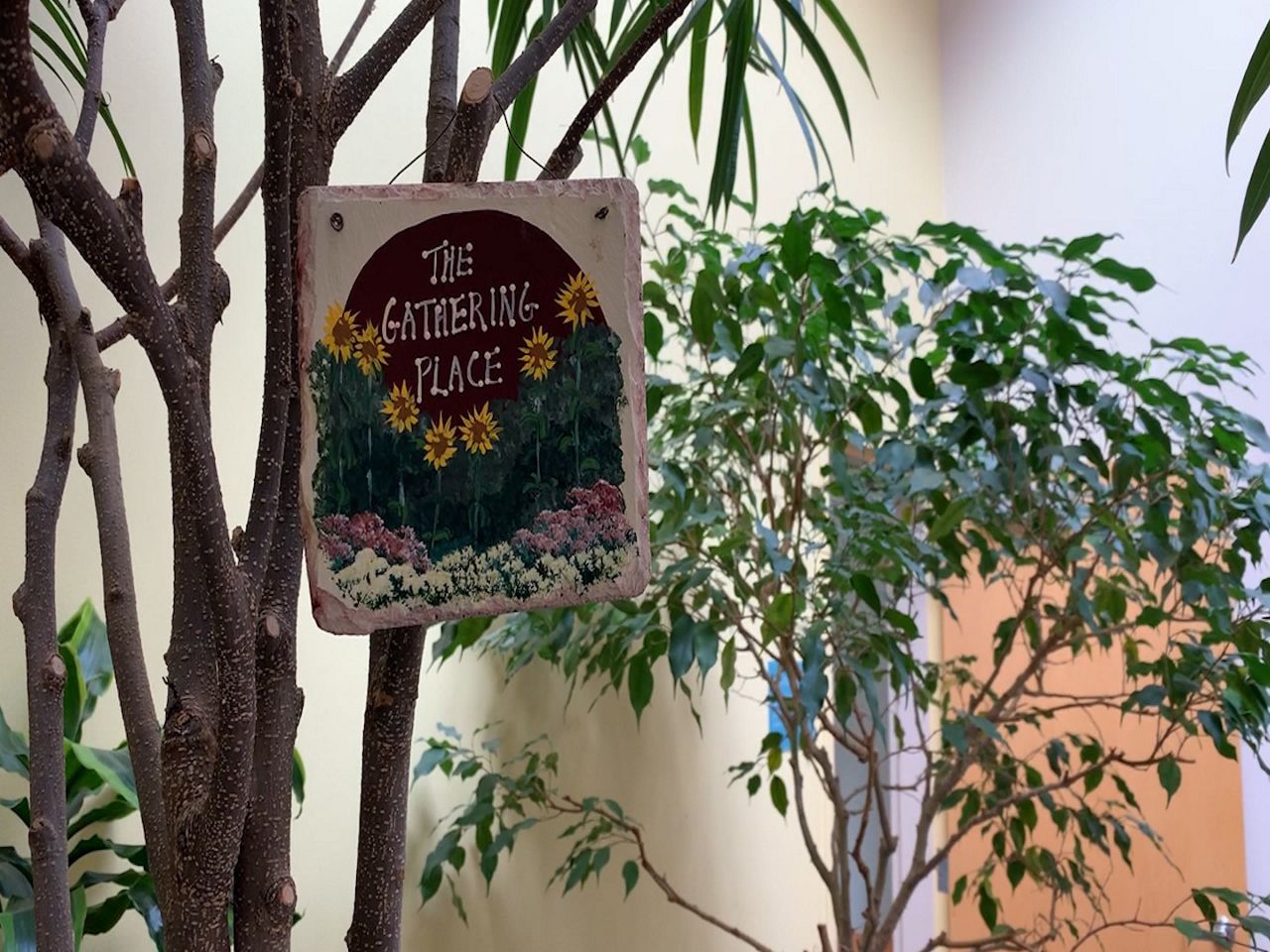CLEVELAND — Black men are more than twice as likely as white men to be diagnosed with prostate cancer, according to the Prevent Cancer Foundation.
“One out of six African American men will have prostate cancer at some point in their lifetime. So they’re twice as likely to be diagnosed than others and also more than twice as likely to die from the disease,” said Timothy McKnight, who is a retired physician and current vice president of value consulting at Change Healthcare.

He's also a Stage 3 prostate cancer survivor.
“I was diagnosed with cancer in December of 2016. I was 56 years of age at the time,” said McKnight.
During the blunt of his treatment, he turned to The Gathering Place for added support. The Gathering Place is a cancer support center in northeast Ohio that offers free programs and services to help patients and families cope with the impact of cancer in their lives.
“It became a safe place where you could not only learn about your prostate cancer, but get some more insight into the treatments, the treatment options, the journey with side effects and things of that nature and I was terribly impressed with the mission of the The Gathering Place so much so that I decided to join the board of directors,” said McKnight.
The Gathering Place’s motto is, "Care for all."
“Cancer doesn't discriminate, OK. Cancer doesn't care how much money you make, the color of your skin, how many degrees you have. Cancer can afflict anyone,” said McKnight. “It’s important for The Gathering Place to be known throughout all communities, especially brown and Black communities, to understand that this is a safe space to come for support, for services and to get through that very long, tough, cancer journey.”

The following statistics, provided by the Prevent Cancer Foundation, illustrate the inequalities within racial, ethnic and LGBTQ+ communities:
- Black men are more than twice as likely as white men to be diagnosed with prostate cancer.
- Black and white women have similar breast cancer incidence rates, but black women are 40 percent more likely to die of the disease.
- Hispanic women are less likely to be up-to-date on their cervical cancer screening than women in other racial/ethnic groups.
- 32.8% of LGBTQ+ adults smoke, a rate that is 68% higher than other adults, meaning LGBTQ+ adults likely have higher rates of smoking-related cancers, including lung cancer.
Through their new Minority Health Month Series, The Gathering Place is working to make sure all people get the support they need.
“Through this series, we want to provide some health education, not only the education but get people connected to these valuable resources that can help them if they know someone diagnosed with cancer or if they are currently going through a cancer diagnosis,” said Simone Swanson, the director of community outreach at The Gathering Place.
Minority Health Month consists of month-long virtual programming free to everyone. Topics include healthy cooking, prostate cancer and caregiving.
“With this series we hope it is a launching pad for deeper, stronger relationships with the community. Churches, schools (and) libraries are all valuable partners in us getting this message out and resources out to those who need it most,” said Swanson. “We know that disproportionately cancer affects Black and brown and LGBT populations so our hope again with this series is that we can build stronger relationships and be able to get folks the help and support that they need.”
Swanson is hoping that by raising awareness of cancer-related disparities, the community can help facilitate change.
“We are partnering with Taussig Cancer Center so we have some amazing physicians that will join us for this series. We also have our awesome staff, our clinical staff that will be a part of the series and then the community. We have community members who are ingrained and work closely around the challenges that folks in Black, brown and LGBT populations deal with. So we’re inviting everyone to join this conversation. Again, you don't have to have cancer to participate in some of the programs,” said Swanson. “In order to impact real change in the community, it’s going to take the entire community. So coming together, sharing our resources in support of the folks that need it most.”
“It’s about the messaging and letting people of brown and Black communities understand that these types of services are available to them in terms of support. You know The Gathering Place does a suburb job within certain select suburbs but our mission truly is to reach the underserved. The brown and Black communities, those in which this disease process seems to hurt the most,” added McKnight.
The following programs are open to the community and registration is required:
Thursday, April 1 | 6:30 p.m. - 8 p.m.
- Part 2: Prostate Cancer in the African American Community
- This session will discuss the facts on intimacy and how to care for your spouse or partner. Includes small group discussions.
Wednesday, April 14 | 6 p.m. to 7 p.m.
- Cancer Fighting Kitchen
- Identify the barriers vulnerable populations face in accessing healthy foods with Rebecca Katz’s online Cancer Fighting Kitchen course. Plus, discuss how lack of access to healthy food can lead to obesity and increased risk of cancer.
Wednesday, April 21 | 6:30 p.m. to 8 p.m.
- Family Matters: Role Reversal in Communities of Color
- When the adult child becomes the parent. Help start tough conversations with aging loved ones diagnosed with cancer. Learn what questions to ask and how to take care of yourself.
For more information you can visit The Gathering Place's website.



